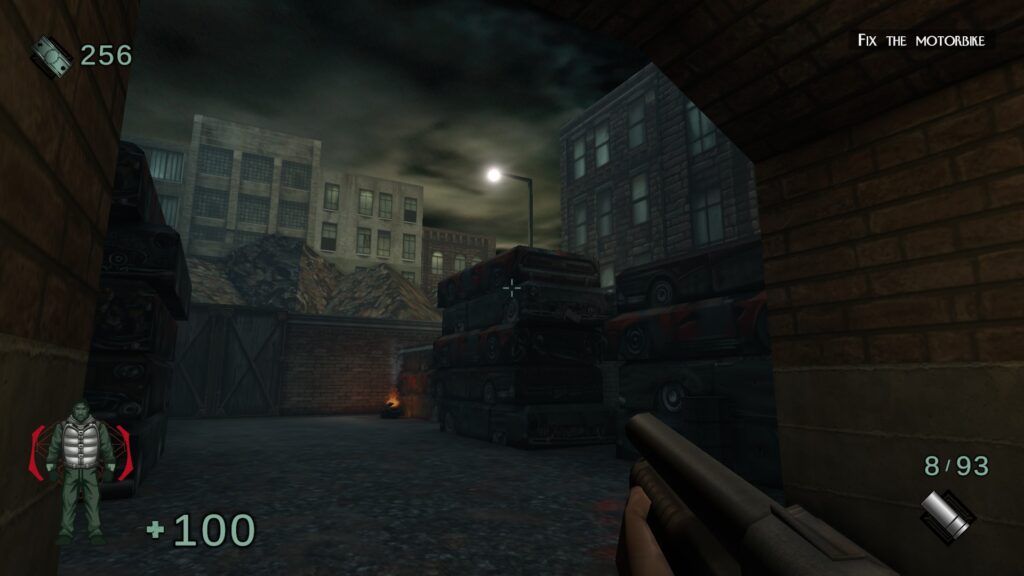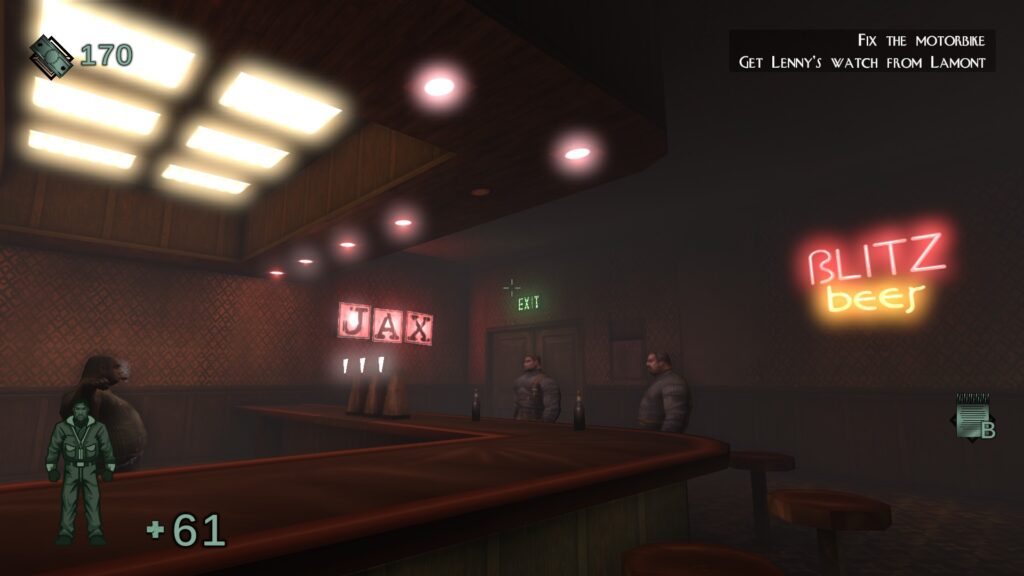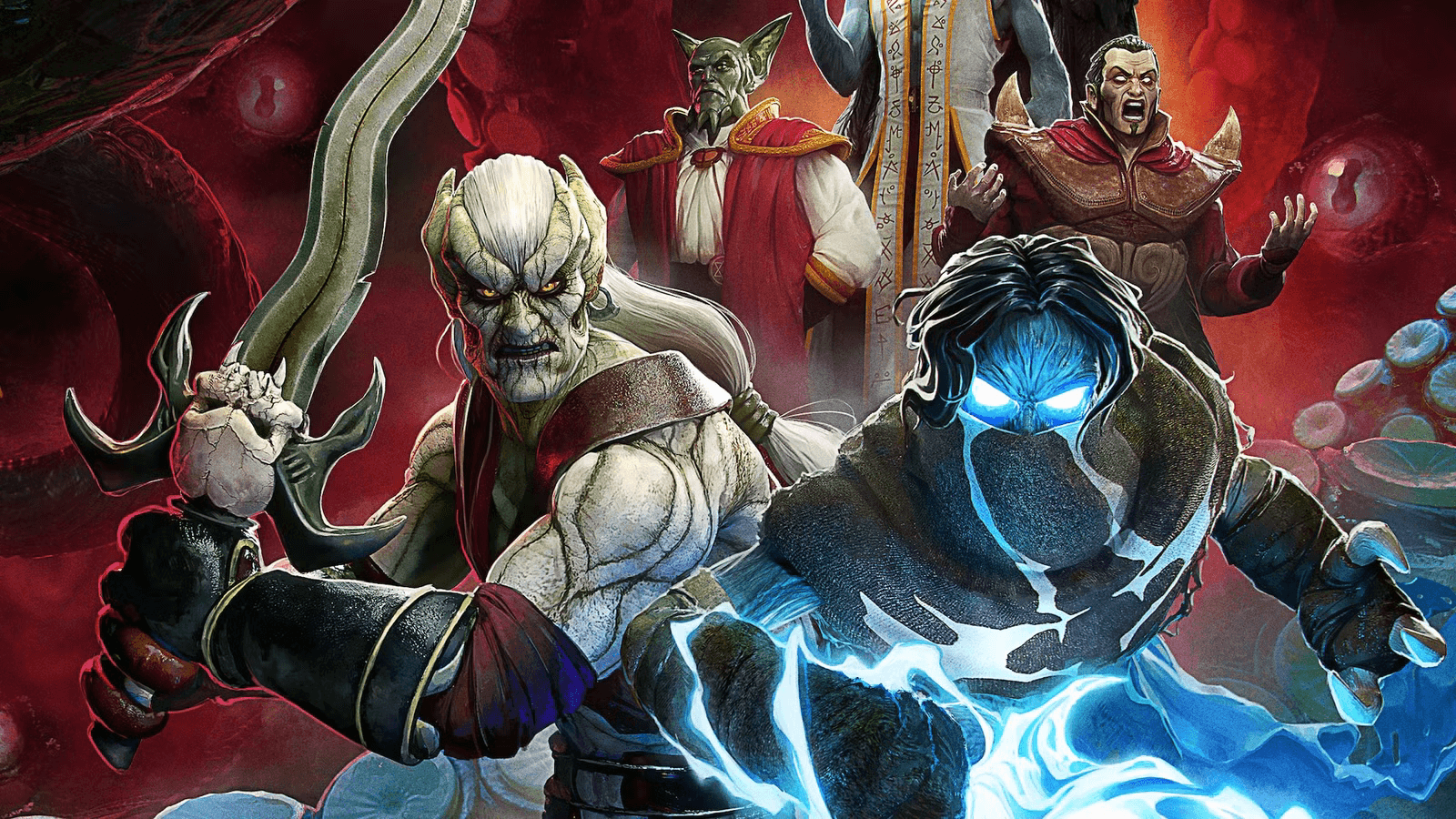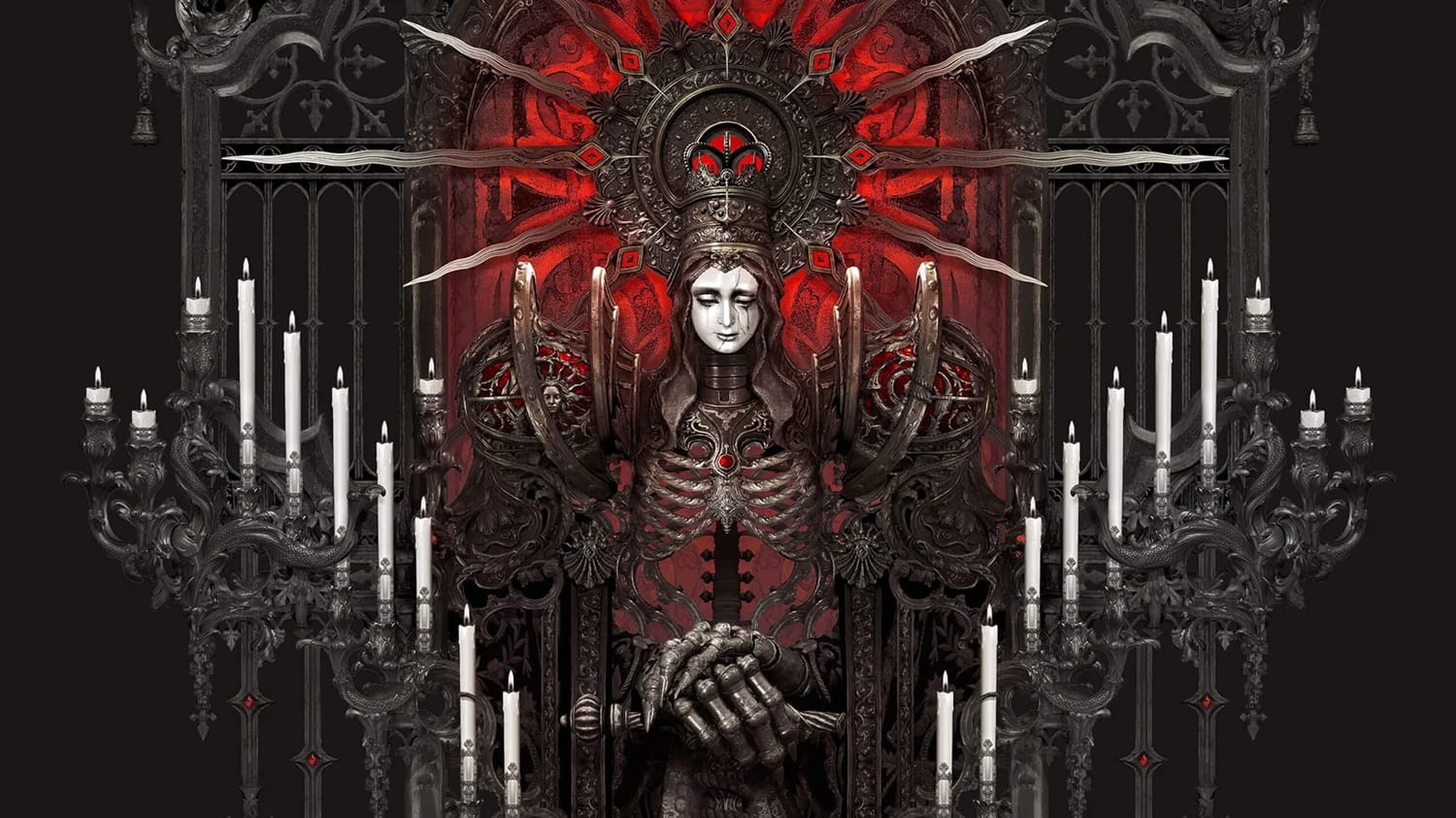Kingpin Reloaded has hit the streets, nearly four years after the remastered shooter was announced in January 2020. This huge delay was a result of the loss of the game’s source code, which required Kingpin to be laboriously reverse-engineered. Unfortunately, much more work is required. At present, developer Slipgate Ironworks and publisher 3D Realms have delivered a notably compromised revision, which is scarcely better than the original.
Kingpin: Life of Crime was initially released in the summer of 1999. Its developer, Xatrix Entertainment, were best known for the embarrassingly slapdash Build engine shooter Redneck Rampage. For its part, Kingpin ran on Quake II technology and was much more interesting. Released just a few months after the Columbine high school shooting, its vaguely contemporary setting placed it in a storm of controversy which arguably overshadowed the game itself.
In Kingpin, the player takes on the role of a nameless low-level criminal in what Xatrix called “a past that never happened”. Betrayed, beaten, and left for dead, the protagonist resolves to fight his way up the underworld food chain in order to confront the kingpin of the title, an amusingly obvious knock-off of Marsellus Wallace from Pulp Fiction. This revenge tale takes place in a bleak urban hellscape with various nods to the 1930s.

Kingpin’s gritty urban setting made it unusual in the landscape of ‘90s shooters. Its twisted version of a contemporary world built on the Quake II engine categorised it alongside SiN, also the subject of a long-delayed remaster. Both games suffered for their releases in close proximity to the clearly superior Half-Life. Kingpin remains an interesting curio of its era, however.
Kingpin makes some gestures towards a greater sense of interactivity. At certain intervals, the player can visit “Pawn-O-Matic” stores to buy upgrades or ammunition, and some NPCs can be spoken to. From today’s viewpoint, these systems are very rudimentary and the remaster does little to polish them. The updated mission system does, thankfully, make it clearer what the player is supposed to be doing next.
In the absence of source code, Slipgate Ironworks have retrofitted Kingpin Reloaded to run on the Unity engine. The new version supports resolutions up to 4K, has a revised UI and mission system, and features upscaled textures. These are all worthy upgrades in principle, but their execution leaves much to be desired. On release, Kingpin Reloaded is afflicted with numerous technical issues. Load times are shockingly long, and can approach 60 seconds – unacceptable for a game of this vintage. Worse, enemy AI is severely broken. Foes will routinely run around in circles rather than engage the player.
The new HUD features a representation of the protagonist that does not in any way resemble him, and includes various icons that are a poor fit for the game’s aesthetic. The AI allegiance system is also seemingly broken, with friendly characters suddenly becoming hostile for no apparent reason, and shooting the player dead without any right of reply. It is striking that a remaster that has taken nearly four years appears so rushed.

Like the Halo remasters before it, Kingpin Reloaded allows seamless switching between the new visuals and the ostensible “original” graphics. In fact, Slipgate Ironworks’ remaster provides only a rough approximation of the way Kingpin actually looked in 1999. In any case, the graphics switching serves mainly to reinforce how minor the team’s improvements actually are. The lengthy delay further undermines the impact of Kingpin Reloaded, especially because it arrives four months after the superlative remaster of Quake II itself – not to mention newer retro shooters like Warhammer 40,000: Boltgun.
The 2023 version of Quake II has been widely acclaimed as one of the most impressive remasters of all time. By comparison, Kingpin Reloaded fares very poorly. It is frustrating to see a game based on the same technology revised in such an underwhelming way. The original version was not, to be frank, one of the standout games of its era. It was distinctive more for its copious swearing and unusually “adult” setting than for its relatively humdrum shooting. It was only after Xatrix was reorganised into the short-lived Gray Matter Interactive that they hit gold, delivering the brilliant Return to Castle Wolfenstein in 2001. Amusingly, that game reused numerous sound effects heard previously in Kingpin.
Despite these shortcomings of the original game, Kingpin Reloaded could have been a useful historical exercise. It could still get closer to that goal, as Slipgate Ironworks continue to work on the remaster. The studio’s attention is divided, however, as they are surely overburdened with seven other in-development projects. As things stand, this version is very difficult to recommend and will do 3D Realms’ reputation no favours.





